BRIDGING THE GAP IN OBSTETRIC CARE: A LIFESAVING IMPERATIVE FOR AFRICAN WOMEN

In many parts of the world, a Caesarean section is a straightforward procedure. In Africa, however, this surgery remains perilous, with maternal mortality rates up to 50 times higher than in high-income countries. These alarming statistics underscore a stark reality: African women undergoing Caesarean sections face tremendous risks due to systemic inadequacies in healthcare. Professor […]
Opinion: Strengthening Health Systems to Combat Maternal Deaths – A Call for Innovative and Sustainable Solutions

Maternal mortality is a global health crisis that continues to claim the lives of over 800 women daily, one death occurring every two minutes, according to 2020 statistics. In his recent presentation at the DIMA Health Webinar Series, Professor Lawrence Chauke from the Gauteng Department of Health and the University of the Witwatersrand provided a […]
Empowering Women for Better Maternal Healthcare in Ghana: Overcoming Socio-Cultural Barriers
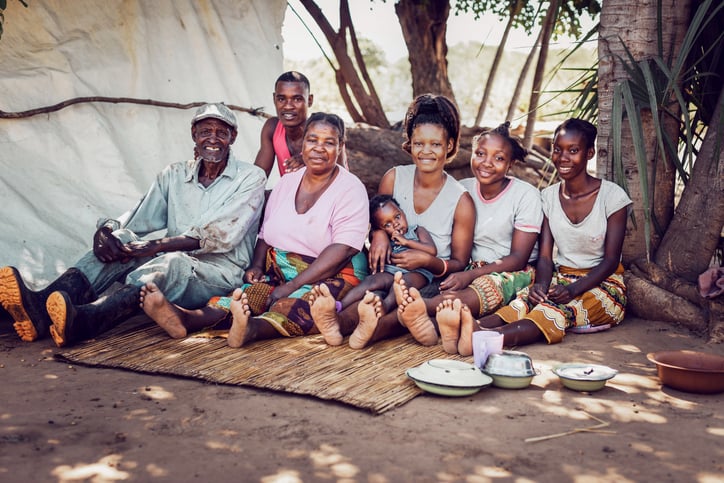
Introduction This policy brief presents the findings of research by Ganle et al. (2015) on how intrafamilial decision-making affects women’s access to and use of maternal healthcare services in Ghana. The study reveals significant barriers to women’s autonomy in healthcare decision-making, which hinders progress in improving maternal health outcomes. With Ghana’s efforts to reduce maternal […]
Text4Life: Transformative Innovations to Improve Maternal Health in Rural Nigeria

Main Highlights Significant Impact on Maternal Health: The Text4Life mobile app has successfully enhanced maternal health outcomes in rural Nigeria by addressing transportation challenges that prevent pregnant women from accessing emergency care. High Success Rate: 91% of women who reported complications using the Text4Life system were successfully transported to health facilities. Notably, there were no […]
Breaking Barriers – Innovating Maternal Health Access in Africa
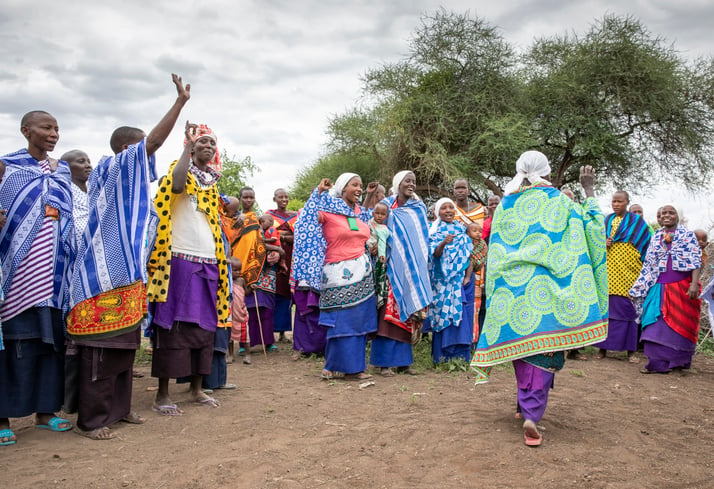
Introduction This policy brief is DIMA Health’s summary of a presentation by Professor Peter Waiswa, a leading expert in maternal and child health in Africa, addressing the critical challenges facing maternal health on the continent. Professor Waiswa identifies major barriers, including poor leadership, inadequate funding, and weak health systems, that are impeding progress in improving […]
Words that Heal: How Women’s Education is Saving Lives in Senegal
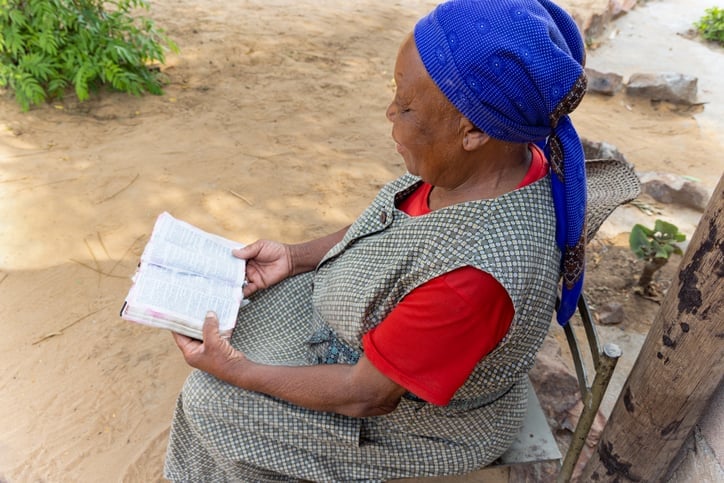
Highlights In Senegal, less than half (47.9%) of the women can read and write. There is a big difference between cities, where 64.3% of women are literate, and rural areas, where only 32.2% are. When women can read and write, it helps improve many health outcomes for both mothers and children, such as using birth […]
Why Women Choose Maternity Waiting Homes: Enhancing Maternal Health Outcomes in Rural Ethiopia

Highlights Less than half of pregnant women in rural Ethiopia plan to use maternity waiting homes (MWH). The main factors that influence their decision are attitudes, social norms, their sense of control, and their use of antenatal care. We need comprehensive interventions that address these factors to increase the use of maternity waiting homes Background […]
The Fight for Fathers in Maternity Care in Uganda
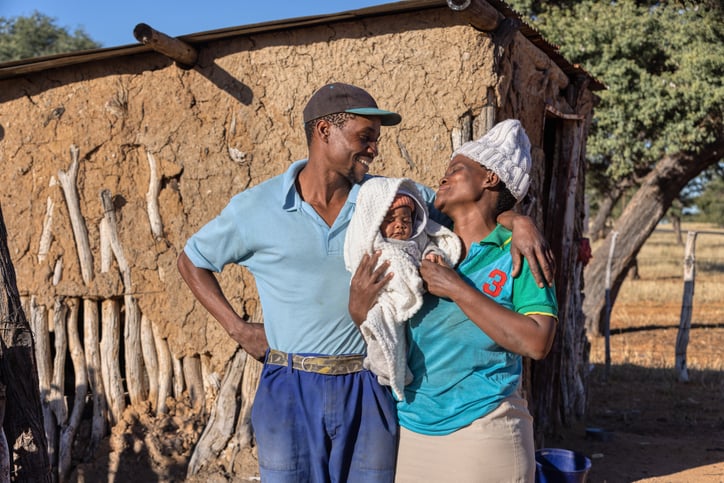
Highlights Less than half of men in rural Uganda are actively involved in their partners’ pregnancy and childbirth. Men desire to be involved in pregnancy and childbirth but struggle to fulfil their perceived roles as ideal fathers due to various barriers such as attitudes, social norms, a sense of control, and health system barriers. Comprehensive […]
Factors Influencing the Use of Maternity Waiting Homes: Insights from Southwest Ethiopia

Introduction: Maternal mortality remains a significant public health concern, particularly in low-resource settings such as rural areas of Ethiopia. Skilled care during childbirth is crucial for reducing maternal deaths, and maternity waiting homes (MWHs) have been endorsed as a strategy to facilitate access to such care. However, most pregnant women in rural Ethiopia do not […]
The Power of Literacy: Empowering Women for Maternal and Child Health in Senegal
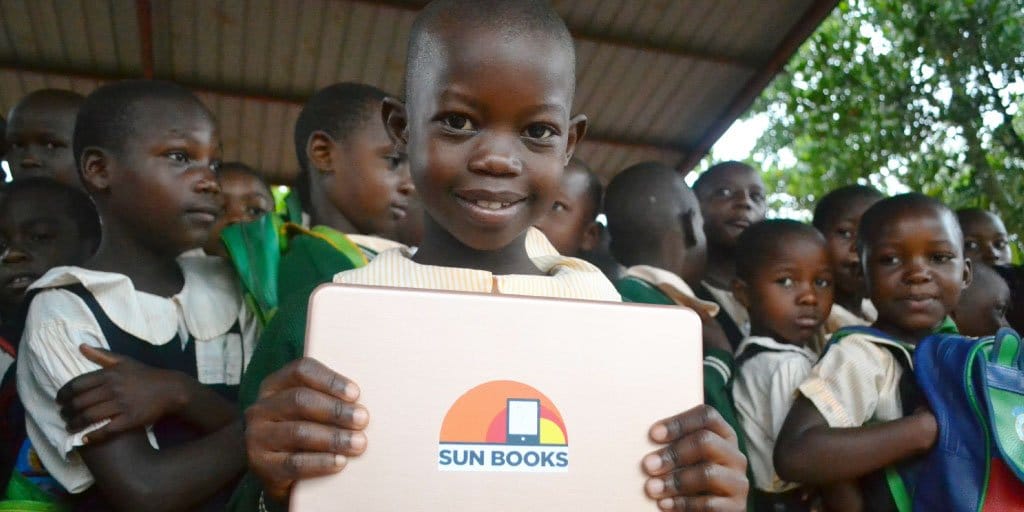
Introduction: Despite global efforts to improve adult literacy rates and reduce maternal and infant mortality, Senegal still grapples with the challenge of low female literacy and high maternal and child mortality rates. In a recent study published in the International Journal of Health Planning and Management, researchers have shed light on the significant impact of […]
